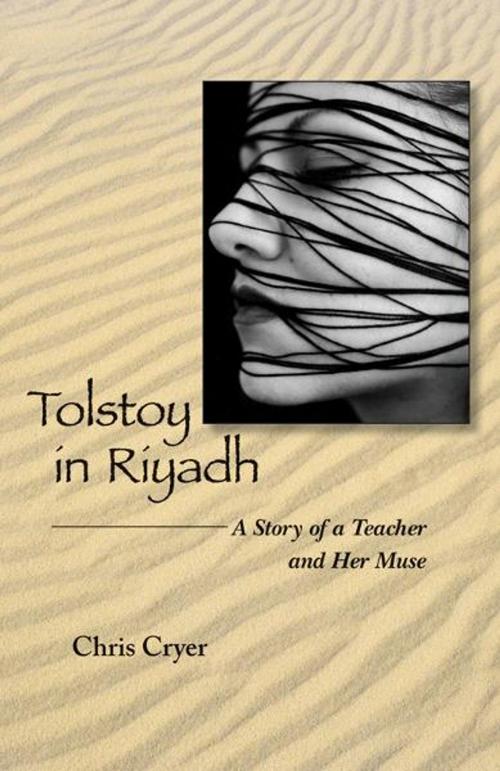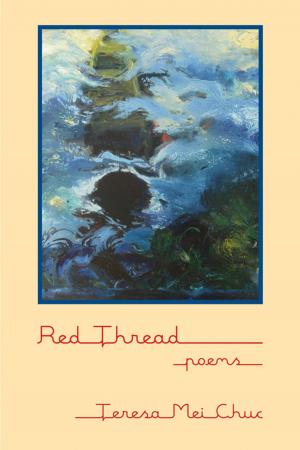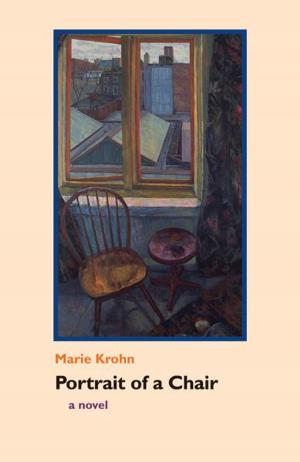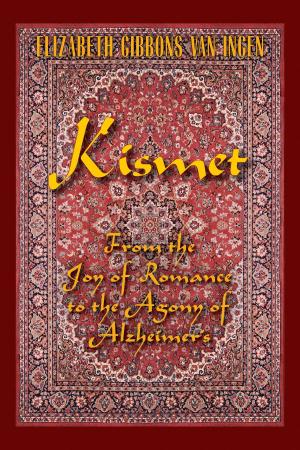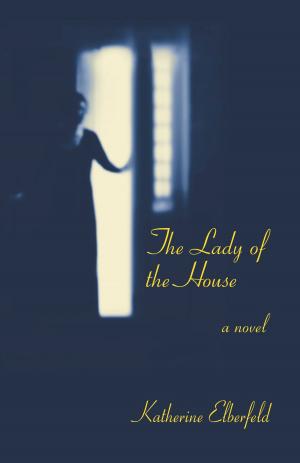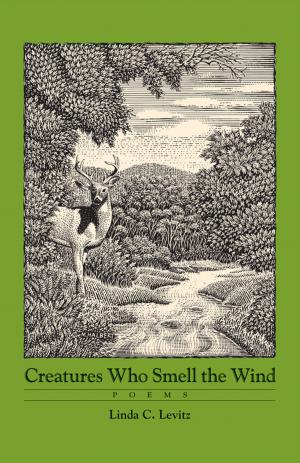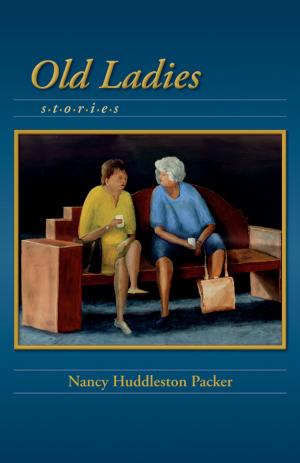| Author: | Chris Cryer | ISBN: | 9781564747556 |
| Publisher: | Daniel & Daniel Publishers | Publication: | January 5, 2010 |
| Imprint: | Daniel & Daniel Publishers | Language: | English |
| Author: | Chris Cryer |
| ISBN: | 9781564747556 |
| Publisher: | Daniel & Daniel Publishers |
| Publication: | January 5, 2010 |
| Imprint: | Daniel & Daniel Publishers |
| Language: | English |
Chris Cryer's account of life in Saudi Arabia is about real people, not stereotypes In 1982 Chris Cryer was living with her fourteen-year-old son, Marc, in Alabama, where she owned and ran a Montessori preschool. When the opportunity came to spend a year in Saudi Arabia, teaching English to women at King Saud University, she was tempted, Marc was enthusiastic, and so began a life-changing adventure for both of them. What Chris found in Saudi Arabia was a world of wonders: lonely mountains and desert, graced by graciousness and generosity. She was impressed by the sound of the call to prayer, the stark, striking landscape, the grandeur of what was then the most highly financed university in the world, the exotic aromas of the restaurants in Riyadh, and nonstop acts of random public kindness. Chris also found difficulties. The gender segregation of buses was a constant problem for social, professional, and practical life. The matawa (moral police) busted up gatherings of women in the souks and on the streets. A Byzantine aura crept into relations at the university. The winter grew bitter and cold, and she became homesick. Chris took on the forbidden Men's College to renegotiate her place in the system, eventually sitting on a U.N. committee of three to develop the first preschool training program for King Saud University. She introduced the Montessori Method to the plan. Meanwhile, Marc assimilated well. Naturally social, he made friends with Saudi neighbors and became the responsible, competent “man of the house†required by custom. He learned Arabic, adopted Saudi dress, and worked his way from tea server to translator. Tolstoy remained Chris's close companion throughout the year. She makes a good case for believing that Tolstoy would have found much to admire and enjoy in Arabia. His wisdom works as a recurrent subtext in this memoir of discovery, helping Chris sort out the experience of a lifetime. When the time came for Chris and Marc to go, they felt they were leaving their second home. This book was written to elucidate the sincerity of a culture that reaches out for modernity with one hand and halts progress that threatens Meccan tradition with the other. The book serves as an important antidote to Islamophobia.
Chris Cryer's account of life in Saudi Arabia is about real people, not stereotypes In 1982 Chris Cryer was living with her fourteen-year-old son, Marc, in Alabama, where she owned and ran a Montessori preschool. When the opportunity came to spend a year in Saudi Arabia, teaching English to women at King Saud University, she was tempted, Marc was enthusiastic, and so began a life-changing adventure for both of them. What Chris found in Saudi Arabia was a world of wonders: lonely mountains and desert, graced by graciousness and generosity. She was impressed by the sound of the call to prayer, the stark, striking landscape, the grandeur of what was then the most highly financed university in the world, the exotic aromas of the restaurants in Riyadh, and nonstop acts of random public kindness. Chris also found difficulties. The gender segregation of buses was a constant problem for social, professional, and practical life. The matawa (moral police) busted up gatherings of women in the souks and on the streets. A Byzantine aura crept into relations at the university. The winter grew bitter and cold, and she became homesick. Chris took on the forbidden Men's College to renegotiate her place in the system, eventually sitting on a U.N. committee of three to develop the first preschool training program for King Saud University. She introduced the Montessori Method to the plan. Meanwhile, Marc assimilated well. Naturally social, he made friends with Saudi neighbors and became the responsible, competent “man of the house†required by custom. He learned Arabic, adopted Saudi dress, and worked his way from tea server to translator. Tolstoy remained Chris's close companion throughout the year. She makes a good case for believing that Tolstoy would have found much to admire and enjoy in Arabia. His wisdom works as a recurrent subtext in this memoir of discovery, helping Chris sort out the experience of a lifetime. When the time came for Chris and Marc to go, they felt they were leaving their second home. This book was written to elucidate the sincerity of a culture that reaches out for modernity with one hand and halts progress that threatens Meccan tradition with the other. The book serves as an important antidote to Islamophobia.
